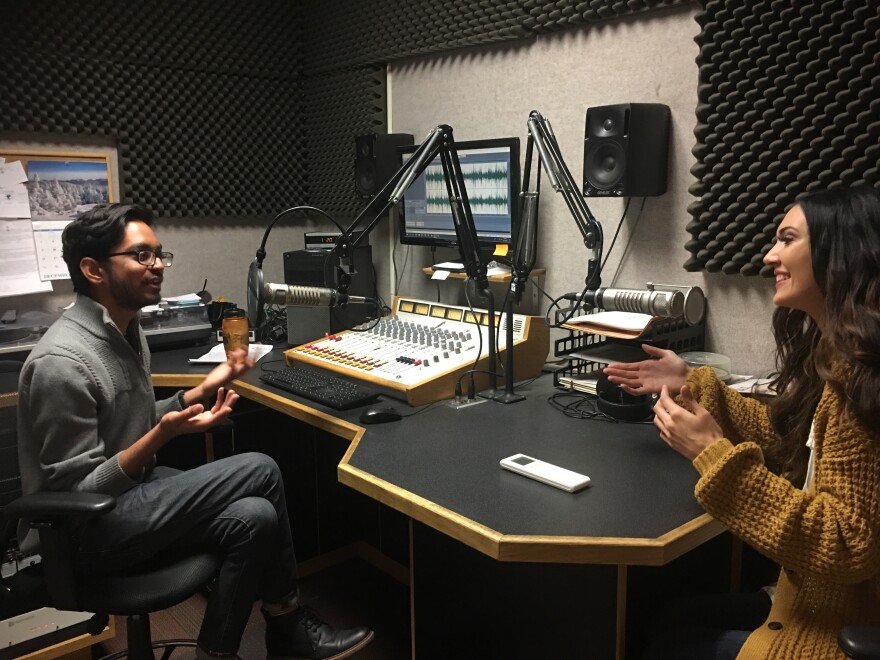Inside Higher Ed
Authored by Ashley Mowreader
July 23, 2025
Recent federal cuts are hacking at an additional piece of college and university budgets and operations: on-campus broadcast and radio stations.
On July 18, Congress voted to rescind $1.1 billion in federal funds for the Corporation for Public Broadcasting (CPB), which gives money to NPR, PBS and their member stations. The move hurts local stations across the country, particularly in rural regions, as well as dozens of broadcast hubs located at or affiliated with colleges.
More than half of NPR’s 1,000 member stations are licensed to or affiliated with colleges or universities, according to NPR’s website. A 2019 PBS article listed 49 university and college public television licensees, a majority of which belong to public institutions—many of them flagship or public land-grant universities, but some community and technical colleges as well.
Data analysis by Alex Curley, a former NPR staffer and author of the blog Semipublic, found that university licensees were far more dependent than non-college affiliated stations on “non-operating revenue,” which includes CPB funding and other money allocated by their parent organization to cover losses. Out of the 173 public stations Curley analyzed, 129 university licensees relied on nonoperating revenue for about 41 percent of their total revenue, compared to the 21 percent it covered for non-college–affiliated stations.
“For stations that lose federal funding, especially those who are losing a lot in relation to total revenue, that’s going to put a huge burden on their parent organization [the college or university] because they’re the only ones who can cover that deficit,” Curley said.
On average, CPB funding makes up 12 percent of independently owned and operated public radio stations’ budgets, according to Northwestern University’s Medill School 2023 State of Local News Report. Curley’s analysis found that 15 percent of all stations relied on federal funding for 50 percent or more of their total revenue intake.
An Inside Higher Ed analysis of Curley’s data found that cuts to CPB and other relevant federal funding could decimate university-based stations’ expected revenue.
Howard University’s TV station, WHUT—which was recently awarded two Emmys for its work—lost as much as 21 percent, based on 2023 numbers from the station’s financial reports of revenue from federal sources.
KISU, the local station for Idaho State University students and community members—which produces the athletics broadcast for Division 1 sports—is also poised to take a hit; 30 percent of the station’s funding comes from student fees, but an additional 30 percent comes from CPB.
Read the entire story at insidehighered.com


